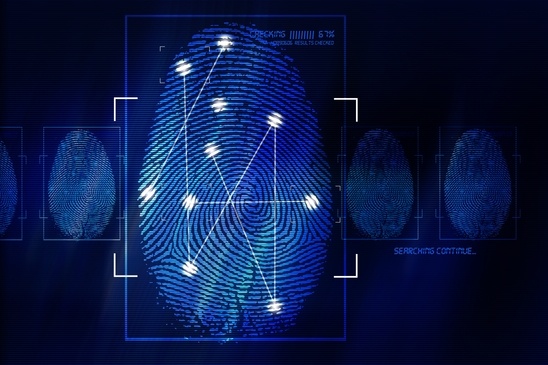With most businesses going digital, more personal information is left vulnerable than ever before. The General Data Protection Regulation, or GDPR, was put in place to ensure private data stays private. The law covers national data across the EU and countries that sell to or interact online with EU citizens. That means that while the GDPR is an EU regulation, Canadians are still affected.
Topics: document security, data security, information security, government security, data compliance laws, compliance, GDPR
What is GDPR?
Back in 2016, the European Union passed a bill to introduce the Global Data Protection Regulation. The purpose of the legislation was to define the legal rights of EU citizens in relation to their data and to enforce regulations on the data controllers and processors who hold that data. The GDPR will be introduced on the 25th May 2018, and will put impose sanctions on businesses that don’t safeguard the data they process.
Topics: document security, data security, information security, government security, GDPR
In order to become quick, efficient and flexible enough to keep up with the rest of the world, governments have had to adapt. This has meant investing in digital assets that allow them to take advantage of digital technology. One of the most important steps taken in this regard is a greater reliance on digital information management. This single step allows a government organization to easily create, access, organize and share large volumes of data. Storing data digitally also allows government organizations to protect data from destruction and physical theft, since it is no longer venerable to physical attacks. With these benefits, however, come new government information security challenges that must be overcome.
Topics: information security, government security

.jpg)

